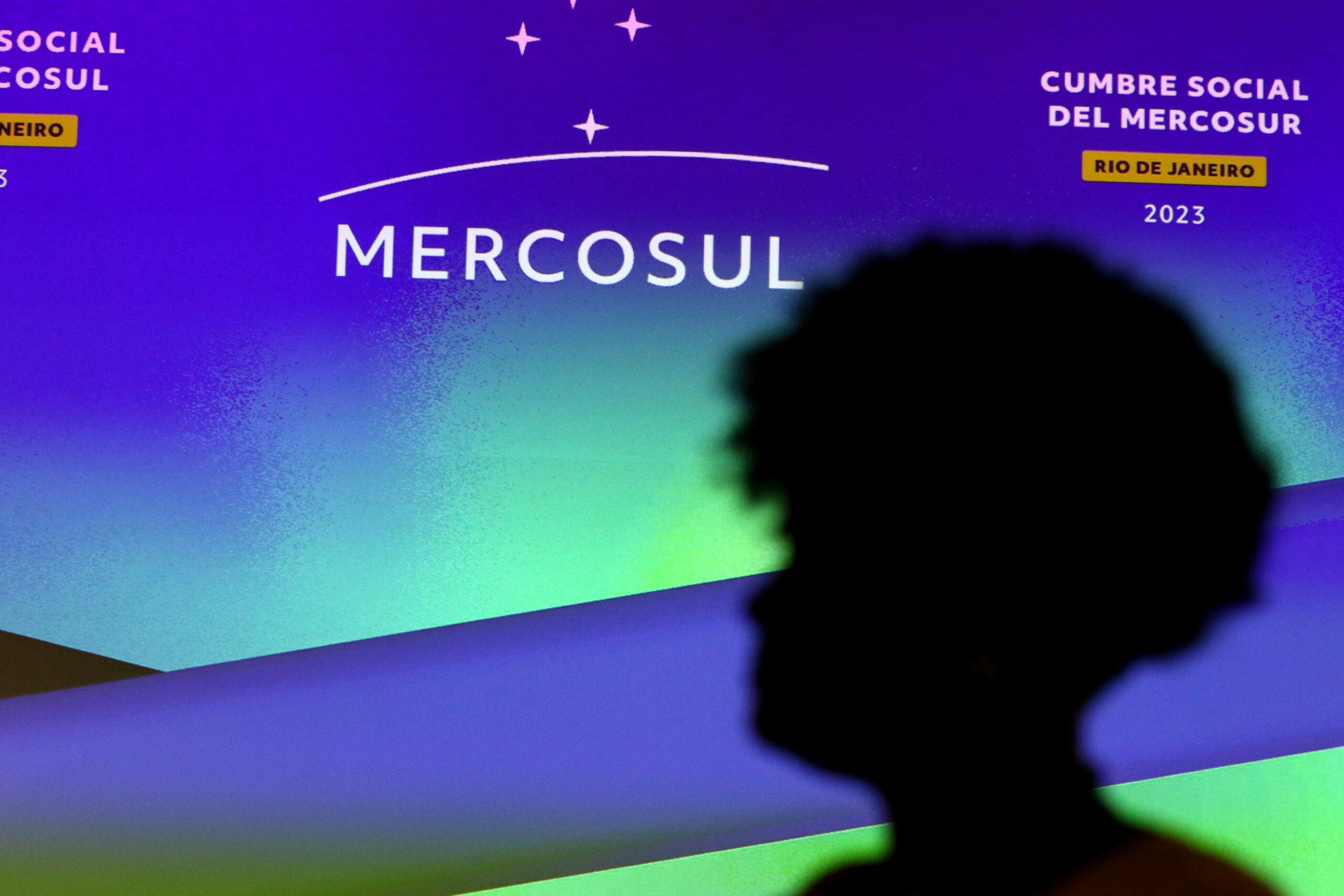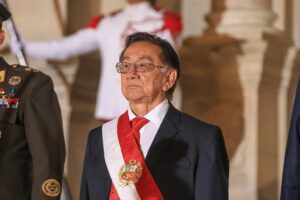
Published 12/05/2023 17:59
At the Mercosur Social Summit, which took place on Monday (4) and Tuesday (5), civil society representatives criticized the current agreement between the group and the European Union.
President Lula completed an agenda in Germany with the aim of strengthening understanding for an outcome later this year, after 20 years of negotiations. But depending on the ideas of the Summit that will be taken to the meeting of Mercosur heads of state on the 7th, the agreement should not occur.
According to civil society debaters, the understanding is that the agreement as it stands is unequal, which creates losses for South Americans. The basis of the current text was outlined in 2019, under the government of former president Jair Bolsonaro.
Read too: Mercosur-EU agreement has internal resistance in Brazil
At one of the debate tables, Raiara Pires, from the Movement for Popular Sovereignty in Mining (MAM), calls for the current negotiations to be ended and for a new proposal to be made on other bases. “In an agreement of this size, just one year is insufficient to review the initial text presented by previous misgovernments. A fresh start would be more strategic in this unequal relationship of forces. Our bargaining power needs to be strengthened and improved. Exchanges between nations have always happened, but they don’t need to be done anyway. We can assume a position of sovereignty and strengthen this government to have a proud position”, defended Raiara.
Adhemar Mineiro, from the Brazilian Network for the Integration of Peoples (Rebrip), followed the same line: “The social movements on our side of the Atlantic and the Europeans have come closer, because they want to discuss agreements on new bases, which are not just commercial. Themes of solidarity between people and sustainability must have priority. So, why insist on an agreement that reinforces the primary-export characteristic of South American economies and not seek another integration model?”, he asked.
Read too: Mercosul Social Summit resumes to discuss challenges in the region
According to Ambassador Philip Fox-Drummond Gough, Director of the Department of Economic, Financial and Services Policy at the Ministry of Foreign Affairs, current negotiations aim to remove European monitoring of deforestation from the agreement, leaving the industrial policy part focused on government accounts and remove entire sectors from the agreement, such as what was done with health, as a way of having freedom to face challenges similar to those of the Covid-19 pandemic.
A letter critical of the agreement was read in a letter at the end of the Summit.
Offer and demand
In an interview with Valor, the special advisor to the Presidency of the Republic, Celso Amorim, said that the agreement “offers little” and “requires a lot”. In the interview, he stated that the decision with the current free trade agreement is difficult and questioned whether it is worth moving forward just for the sake of it, given that the treaty has not pleased some Europeans, such as French President Emmanuel Macron, and encounters resistance among politicians and sectors of Mercosur.
*With information from Agência Brasil. Red Edition, Murilo da Silva
Source: vermelho.org.br

